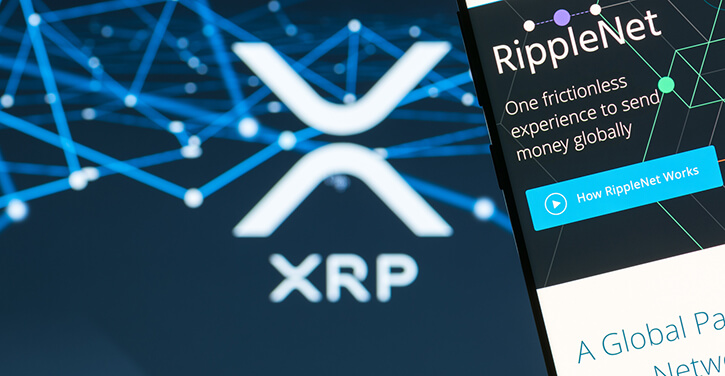
Blockchain payment company Ripple said that it had resolved its legal dispute with YouTube over XRP scams on its platform
Ripple CEO Brad Garlinghouse said they had settled the legal dispute with YouTube. The two companies will partner to tackle XRP scams on the video platform, ensuring investors’ safety.
Ripple had sued YouTube in April last year for failing to enforce its own policies and allowing fake accounts to impersonate Ripple and its CEO Brad Garlinghouse. However, the two companies have now settled and are looking to root out the scams on the video platform.
Garlinghouse made this known in a series of tweets yesterday. He said, “Last year, Ripple and I sued YouTube for failing to enforce its own policies by allowing fake accounts (impersonating my/Ripple’s verified accounts) to conduct XRP giveaway scams. We’ve now come to a resolution to work together to prevent, detect and take down these scams“.
The Ripple CEO believes that social platforms are beginning to acknowledge their role in allowing cryptocurrency scams to persist. The platforms also recognise the need to be part of the solution to ensure they detect, prevent and take down these scams.
The legal battle lasted for nearly a year. Back then, Garlinghouse had tweeted, “Today, Ripple and I personally are taking legal action against YouTube because their platform is the epicentre for imposter scams, and they’ve done next to nothing in response to our constant takedown requests”.
YouTube’s failure to enforce its policies resulted in monetary damages to users and reputational harm to the blockchain company. The scammers tricked victims with XRP giveaway, convincing them to send some amount of XRP and receive a greater amount in return.
The details of the agreement between YouTube and Ripple were not discussed. However, Garlinghouse noted that the absence of accountability and action in the cryptocurrency space would lead to distrust in the industry. It was imperative to keep the trust at a crucial time when governments around the world were looking closely at cryptocurrencies, he concluded.

